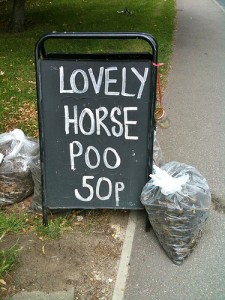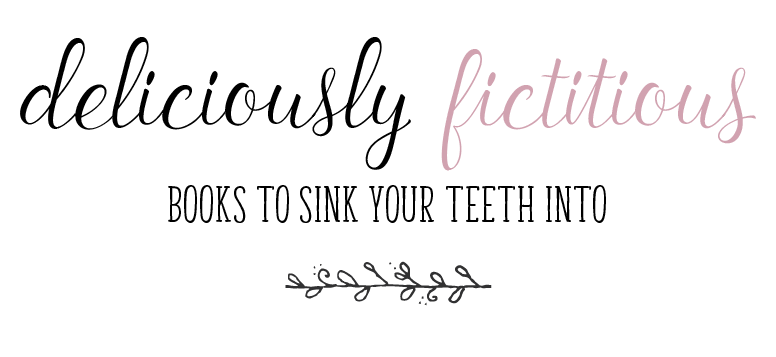
Image (c) Willem Velthoven via Flickr.com
Perhaps I’m showing my great naivety here, but I was genuinely shocked to read this little eye-opener about “sock puppetry” in The Guardian this week.
For those who haven’t heard the term before, “sock puppetry” here refers to author self-promotion using invented online identities. In other words, they use fake characters (the sock puppets) to create a buzz about their book.
In my humble opinion, this is pretty off. Reading time is precious and as a reader I would feel pretty cheated to discover that the glowing reviews I’d read of a novel were in fact penned on the sly by none other than the author themselves. Not to mention, it doesn’t exactly scream humility to praise oneself as a writer without equal. Even if it’s true, it’s still pretty off-putting. If untrue, it’s positively vomit worthy.
But worse than this is the suggestion that some authors could be using their puppety personas to bash other people’s books. The classic ‘tall poppy’ idea, isn’t it? Cutting others down to make yourself stand straighter? This sort of behaviour cheats readers too, but it cheats the writing community even more. My view is that if you’re part of a community which requires you to pour your heart and soul into your work – as writing does – then the least you can do is treat fellows of that community with the respect that such a toil deserves.

Screenshot from The Amazing Spiderman, distributed by Sony Pictures Releasing, directed by Marc Webb. Pictured: Andrew Garfield.
Not to come off all dramatic or anything, but writing for the public is a tremendous privilege. With great power comes great responsibility, people. Remember?
That doesn’t mean there’s not still a place – a very important place – for critique. While it is highly subjective, well-balanced and well argued criticism can provide an invaluable form of “quality assurance” to readers. (Of course you’d expect me to say this, given this site is devoted to book reviews…)
And hey, you’re going to like some books more than others, right? Why shouldn’t you say so? That seems fair to me, and writers have the right to an opinion on what they’re reading too. But raining death blows on a competitor’s work from behind the mask of “mere reader” should be a no-no.
This made me think about the suggestion, which the article says the Society of Authors is “considering”, to introduce a code of practice for writers.
The article quotes the Society as saying they’d rather not do this if it’s all the same to everyone. Says deputy general secretary Kate Pool:
“The Society of Authors has never had a code of practice – it does not make value judgments on its members of their work – and would prefer not to have to introduce one, but clearly if sock puppetry becomes established, it is something the management committee would have to consider.”
I started this post by thinking ‘and why not? What’s so terrible about a code of conduct for writers, then?’ But thinking about it more, I see several problems with the idea.
The first issue is how do you tell how established sock puppetry is, in order to decide whether a code is needed? Perhaps I’m missing something, but isn’t the point of sock puppetry to be undetectable? Beefing up your own book overtly would surely never work. It’s like those joke dust jackets you see on home-made presents:
“This is the best book I’ve ever read, and I should know because I wrote it.” ~ The Author
“Buy this, or just deposit money in my account. Either way.” ~ Guy Who Wrote This Book
Perhaps what Pool is saying is that if enough people come forward with evidence of sock puppetry they’ll consider it. Mind you, you’d want your evidence to be pretty solid, lest a defamation claim find its way to your door…
Putting all this aside though, there’s a bigger problem. Would a code of practice make any difference? And if you had one, what would it say?
- Don’t say mean things about other authors’ work?
- Don’t say mean things about others authors’ work unless the other author is selling more books than you?
- Don’t say mean things about other authors’ work unless you really mean them?
- Don’t say mean things about other authors’ work unless you can back them up?
- Don’t say mean things about other authors’ work unless they’re in iambic pentameter?
“Don’t pretend to be someone you’re not for the purposes of promoting your book” might be a start. But then I would have thought that would have been obvious. And if it’s not obvious to a person, I doubt a code of conduct would convince them otherwise.

Image (c) Adam Tinworth via Flickr.com.
“Don’t ask friends for reviews” is a tougher one. Writing is a network-fuelled activity, like it or not. It relies strongly on word of mouth, and some mouths are more convincing than others.
I dare suggest this has always been the case. On the basis of zero research, I’m guessing the praise of those in esteemed literary circles got you a better chance of being published and read even back in the days when writers didn’t have to compete with the television and ending up on the slush pile meant slipping in horse poo. (Alright, I made that last bit up. But still.)
Getting back to the point – how would such a restriction compare with other professions? Would you tell a lawyer that their clients were not to recommend their services? Of course not. What if they were friends with their clients? Still of course not. Admittedly lawyers have been prevented for years from advertising – but it’s not the same thing, is it? And even that restriction has been lifted in many countries, including Australia, provided the advertising is not false or misleading.
Is the ‘friend-review’ situtation any different if the review is not the friend’s genuine opinion of the work? Quite possibly – though how can you possibly police it?
Though it may be a grey area, I think writers do need to be able to (legitimately) rely on their networks for recommendations. If reviewers – whether they know the writer or not – bear in mind that a review, by definition (thanks OED) is “a critical appraisal”, that might help. I think it’s fair to say the notion of an honestly-held opinion is fairly intrisically caught up in that idea.
I started this post by wondering what was so bad about a code of practice for writers. I end it by saying it could be dangerous if it seeks to unduly limit writers and it would be useless if it did nothing but say ‘play nice with the other children’.
Come to think of it, I’m not sure a code of conduct is called for at all. I would have thought existing fraud and consumer laws prohibiting misleading and deceptive conduct et al would have covered the field to the extent necessary. If the conduct falls foul of them, well that’s that isn’t it? If it doesn’t, do we really have a problem?
What do you think? Is a writers’ code of conduct such a terrible idea? Do we even need one?
Or is “sock puppetry” not the force for evil people are making it out to be?
~DF
